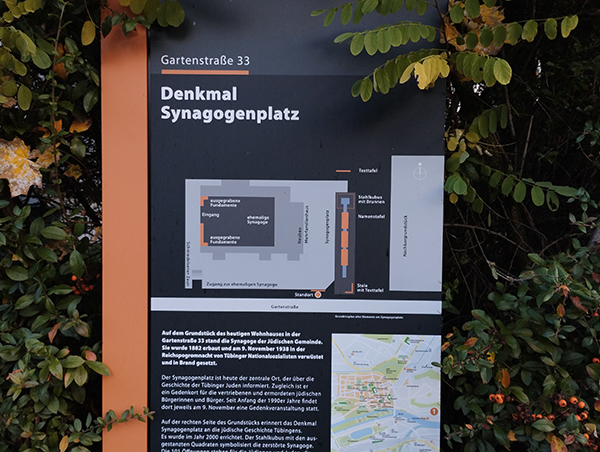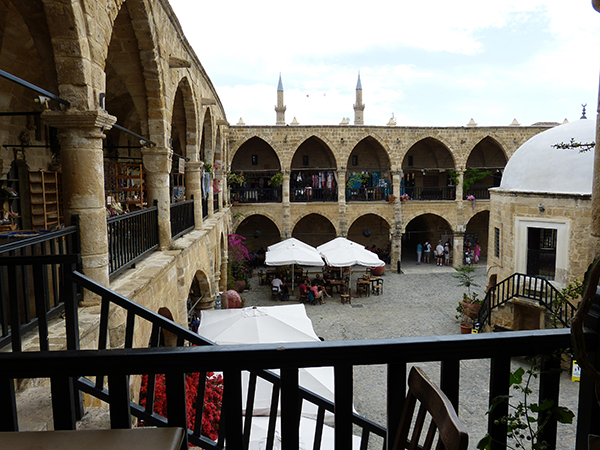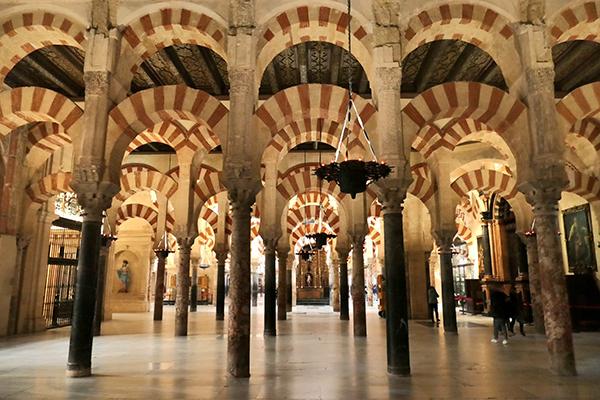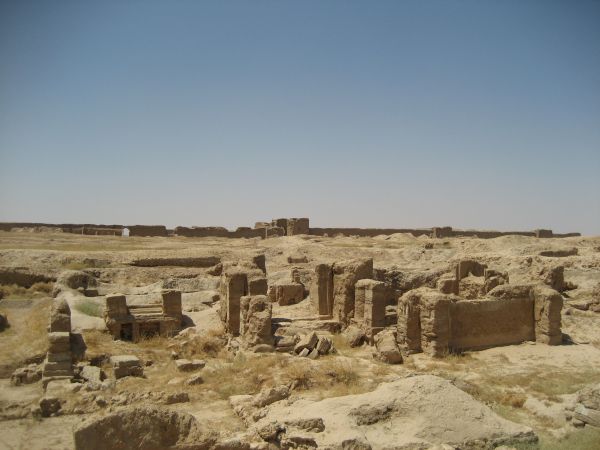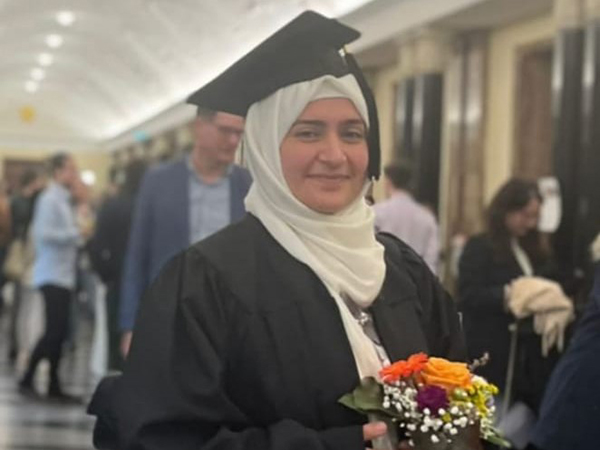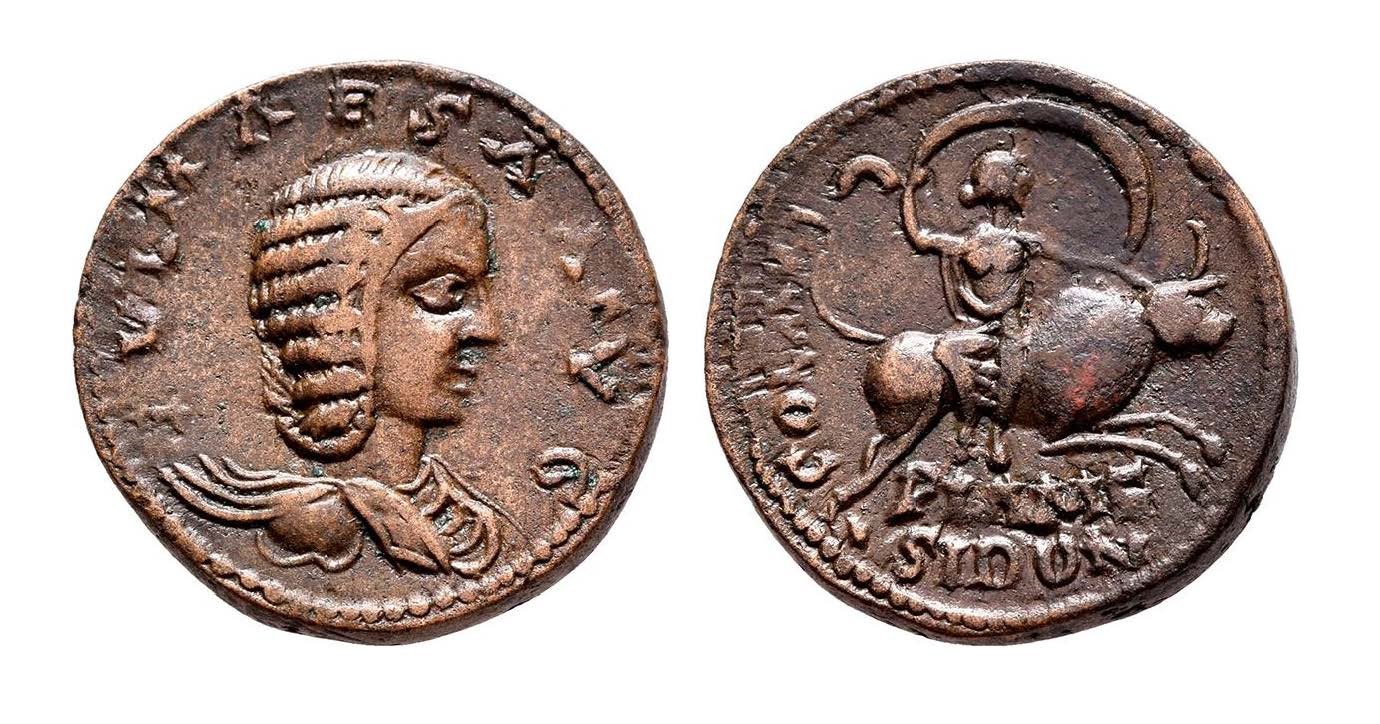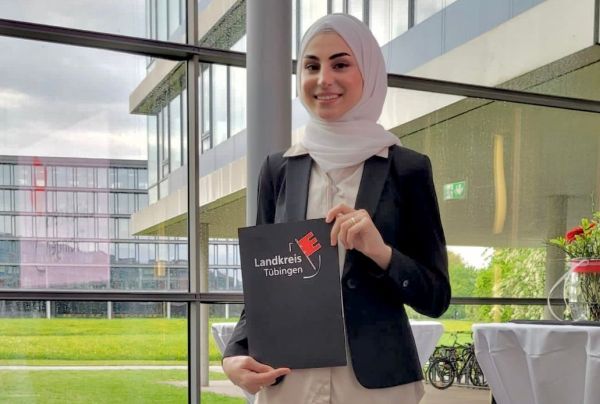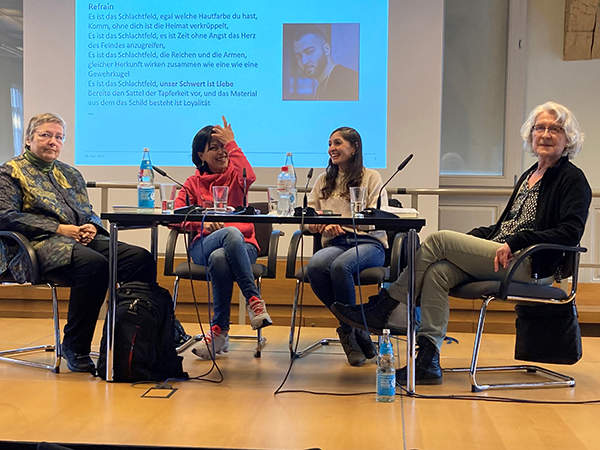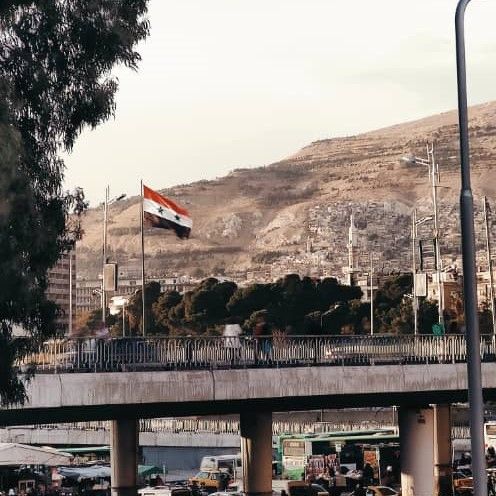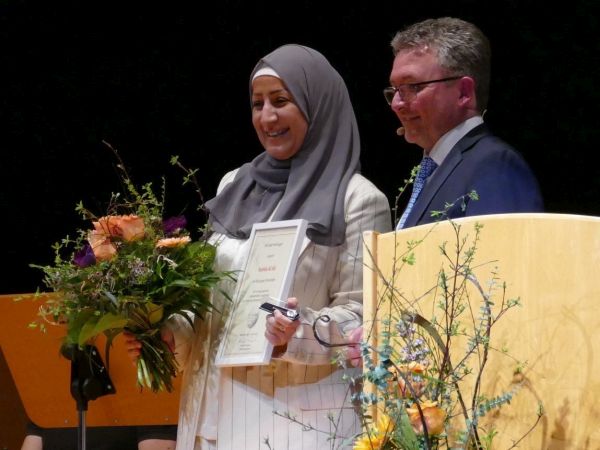By Wolfgang Sannwald On the evening of November 9, many parliaments, cities, communities and people in Germany commemorate the night of November 9-10, 1938, when the leaders of National Socialism in Germany directly and deliberately attacked Jewish people and the facilities of Jewish communities. Some historians refer to this so-called Reichspogromnacht as the beginning of the systematic persecution and extermination of European Jewry. Between 1939 and 1945, the Nazi-controlled German Reich had more than six million people murdered across Europe, mainly through mass shootings and in concentration camps. The terms “Holocaust” or “Shoah” usually refer to the approximately six million… Read More
Category: News In English
The Khans: meeting places of East and West
By Youssef Kanjou Communication between the East and the West began a very long time ago for various reasons, mainly because of trade. This has been evidenced by various phenomena, especially historical buildings that have been preserved until today despite the wars. Among the most important of these buildings are the khans (caravanserais). The word khans comes from Persian or Turkish and means: hostels for travelers, which today have mostly been replaced by hotels. Khans were widespread in the great cities of the East, characterized by their flourishing trade and international relations, such as Aleppo, Damascus, Cairo and Istanbul. There… Read More
Development Aid for Europe—800 Years of Muslim Culture in Andalusia
By Oula Mahfouz and Michael Seifert Tourists who visit Andalusia in southern Spain to see the architectural and artistic remains of an empire that was ruled by Islam for 800 years are amazed. They realise how much of Europe’s medieval culture is due to the inhabitants of this Muslim empire in the south of Europe. The purpose of this article is to trace important historical foundations for this and to name examples. The Arabic name “al-Andalus” (Andalusia) refers to a historical region that existed on the Iberian Peninsula (Spain and Portugal) from the 8th to the 15th century. The exact… Read More
The Syrian city of Dura Europos, “Pompeii of the desert“ and multicultural centre
By Youssef Kanjou There are many archaeological sites in Syria that are well-known among archaeologists and in tourism. This is true, for example, of Palmyra on the Western Desert, the city of Mari on the Euphrates and the city of Ugarit on the Syrian coast. But Dura Europos, “Pompeii of the East“ or “Pompeii of the Desert“ as it is also called, is not as famous as other archaeological cities—despite its cultural and historical importance as well as being a very important stop for trade caravans. The comparison with Pompeii is made because in Dura Europos, as in Pompeii, many… Read More
Making the dream come true
By Oula Mahfouz Rouba Al Hariri does everything she can to make her dreams come true. She has not let the war in Syria or the expulsion from her homeland stop her from doing so. She was born in 1989 in Daraa, the city where the protest against the Assad regime began. She began studying English literature at Damascus University in 2009. The war that broke out in 2011 presented her with great challenges. Nevertheless, she graduated from the university in 2014. After that, she started her teaching career. It was a challenge for the educator to teach children in… Read More
Archaeologist Anna collects ancient and Islamic coins in new app game
From July 21, 2023, you can download the free mobile app game “Craveler”, which provides knowledge about ancient and Islamic coins from Syria and Iraq, among other places, in an entertaining way. The main character is the young archaeologist Anna Alaska, who travels back in time in a time machine with her flying robot BIB 3000 from the year 3542 to search for coins in ancient Syria, for example. The gameplay of “Craveler” is inspired by the well-known game “Temple Run”. The game lets a running character navigate through a path blocked with obstacles to collect a historical coin at… Read More
Batool Hadous: a second home found
By Oula Mahfouz “I have great respect for you, looking at your resume so far”: that’s what Tübingen’s District Administrator Joachim Walter said to Batool Hadous. The district administrator recently presented the 21-year-old native Syrian with her naturalization certificate at a celebration of the district’s 50th anniversary. The Rottenburg native stood on stage as a representative of all newly naturalized citizens from 94 nations who had acquired German citizenship in the past three years in the district of Tübingen. In the two previous years, the ceremony was cancelled due to Corona. Walter paid tribute to Hadous, who had kept her… Read More
The feminist revolt in Iran
By Ute Kaiser The Iranian regime fights oppositionists with all its might and with all its means. They are threatened with persecution, torture and executions. But the regime also promotes sexualized violence against women. The rapists get away with it. Gilda Sahebi, a doctor and political journalist, also reports on this at lectures, in articles and in her book “Our Sword is Love”. The title comes from a song by the regime-critical rapper Toomaj Salehi. He is one of about 20,000 prisoners and has been tortured. Gilda Sahebi was born in Iran in 1984, but grew up in Tübingen since… Read More
German language is a passport for medical students
By Oula Mahfouz Recently, many young people have enrolled at the German language institutes in the Syrian capital of Damascus—especially medical and nursing students. They hope to get a job abroad so they can leave the country. There are various reasons for the increasing migration from the areas of the Syrian regime, such as bypassing compulsory military service, searching for a safe place and looking for job opportunities. The economic situation in Syria continues to deteriorate. There are hardly any jobs. Migration from Syria is fraught with great difficulties. However, doctors are an exception. They have the possibility to obtain… Read More
Kamila Alali: the bridge builder
By Ute Kaiser “Thank you for helping other people to find their way in Mössingen.” That’s what Mössingen’s mayor (OB) Michael Bulander said to Kamila Alali. The city awarded the 38-year-old Mössingen resident the city’s pin of honor for her multifaceted commitment. The war in Syria fundamentally changed the lives of Kamila Alali, born in Deir al-Zour, and her family. She fled with her husband, her son, now 13, and her daughter, now 11. The four arrived in Germany in September 2015. At first, the family lived in Ofterdingen. Then they moved to the Bästenhardt district of Mössingen. Alali studied… Read More

